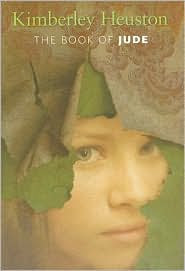
On an evening when Matilda had planned to finish her book, she is instead visited by a mysterious young boy who prompts her to tell her life story, covering 75 years (growing up, falling in love with another mysterious boy, losing that love, and finding a career).
A haunting and well-written story that will evoke memories of Titanic (but without the pesky ship-sinking bit). Ultimately, this short story does not really have much of a purpose, but it is beautifully-narrated. Also, it is a bit strange that they decided to target the book to a YA audience when this romance will appeal to a much larger demographic. Beware the heavy use of metaphor and symbolism which is certain to cause this book to be misused as a writing assignment in some AP English class!



















